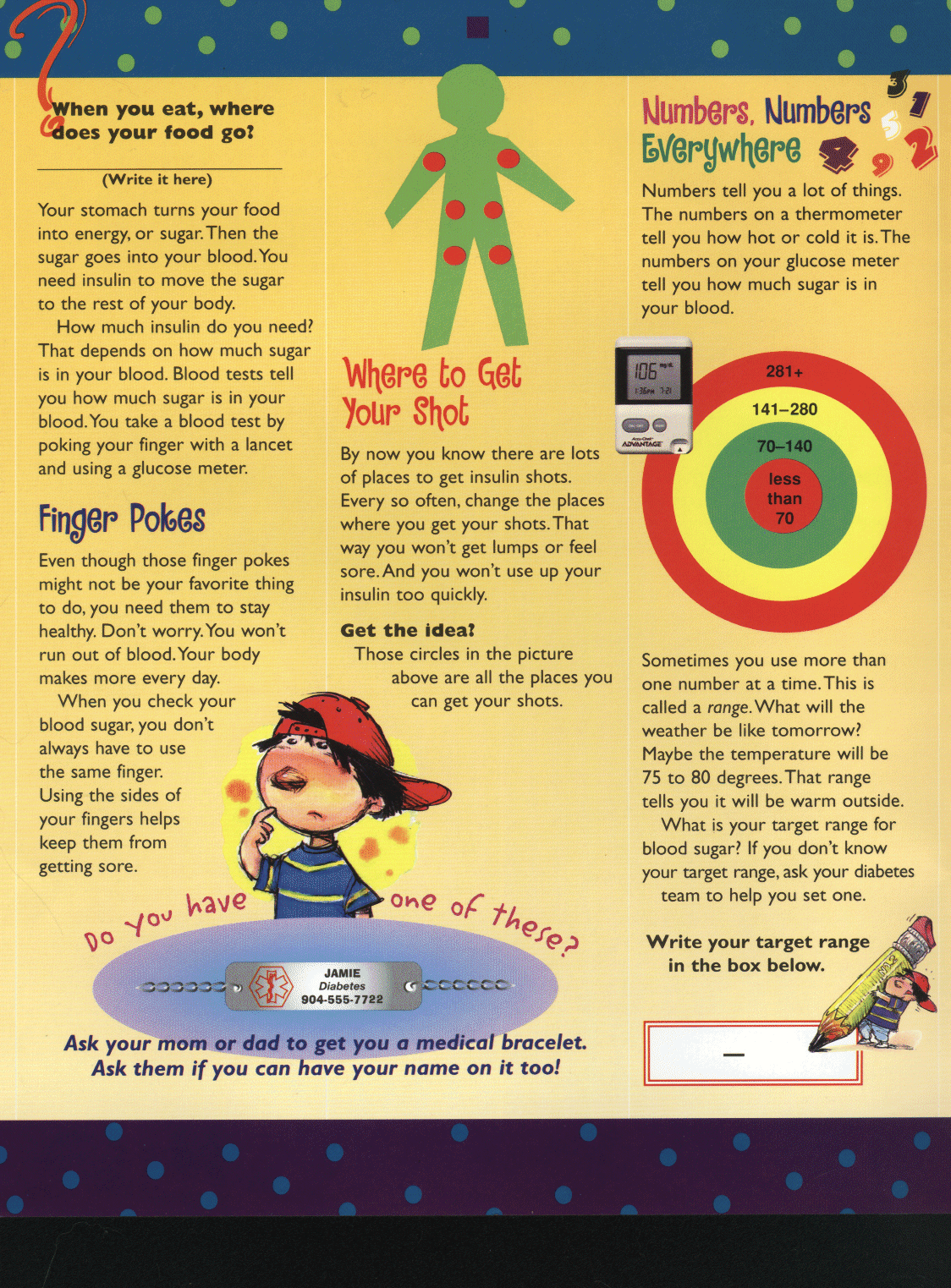

This helps control your body’s blood glucose levels. This may be through injections or an insulin pump. If you have type 1 diabetes, you will need to have insulin replacement. How is diabetes treated?Īlthough there is no cure for diabetes it can be managed with lifestyle changes and medicines. If you’re pregnant, your doctor will screen for gestational diabetes as part of your standard antenatal testing.

It shows how much sugar there has been in your blood over the past few months. HbA1c test - this test doesn’t need you to fast as it doesn’t test your glucose levels directly.Oral glucose tolerance test (OGTT) - this involves drinking a sugary drink, then testing your glucose levels 1 to 2 hours later.Blood glucose test - this may be done after fasting (not eating for a few hours) or without any special preparation (random or non-fasting blood glucose test).If your doctor suspects that you have diabetes, they will order blood tests. See your doctor if you are experiencing symptoms of diabetes or have concerns about your risk of diabetes.Įarly diagnosis and treatment can help to reduce your risk of serious complications. If your pancreas is unable to produce enough insulin, your blood glucose levels rise and you get gestational diabetes. Gestational diabetesĭuring pregnancy, hormones that give nutrition to your growing baby reduce the effectiveness of your own insulin. NEED TO LOSE WEIGHT? - Use the BMI Calculator to find out if your weight and waist size are in a healthy range. being obese or overweight, especially around your waist.The risk of getting type 2 diabetes increases with certain factors: Type 2 diabetes is a mix of low insulin and ineffective insulin. Eventually your insulin producing cells wear out and become ineffective. Type 2 diabetes happens slowly over years as your body’s insulin becomes less effective at managing your blood glucose levels.Īs a result, your pancreas produces more and more insulin. Research shows that both your genetics and the environment may play a part in the development of type 1 diabetes. Diet and lifestyle are not factors that determine who gets type 1 diabetes. The exact cause of this reaction is still unknown. Type 1 diabetes is an auto-immune condition: your body’s immune system attacks the cells in your pancreas that produce insulin. There are different causes of diabetes according to the type. have signs that go unnoticed for a long timeĬHECK YOUR SYMPTOMS - Use the Diabetes symptoms Symptom Checker and find out if you need to seek medical help.ĪRE YOU AT RISK? - Are you at risk of type 2 diabetes, heart disease or kidney disease? Use the Risk Checker to find out.Type 1 diabetes is usually spotted quickly as symptoms can appear suddenly. unexplained weight loss (for type 1 diabetes), or gradual weight gain (for type 2 diabetes).pre-diabetes, where your blood glucose levels are higher than normal, but not high enough for a diagnosis of diabetes.gestational diabetes, which happens when a woman has high blood glucose levels during pregnancy.

Diabetes happens when your pancreas can’t produce enough insulin or when your body can’t use the insulin because it’s resistant to it. Your blood glucose levels are normally controlled by a hormone called insulin. This leads to high levels of sugar in your blood ( hyperglycaemia).

People with diabetes have difficulty changing glucose (a type of sugar) into energy.


 0 kommentar(er)
0 kommentar(er)
